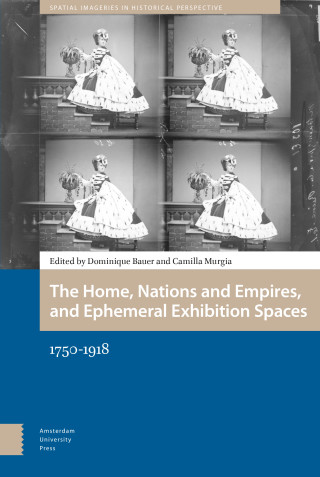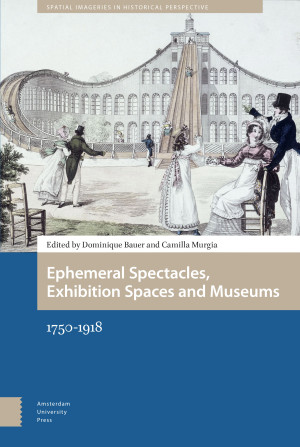This book examines ephemeral exhibitions from 1750 to 1918. In an era of acceleration and elusiveness, these transient spaces functioned as microcosms in which reality was shown, simulated, staged, imagined, experienced and known. They therefore had a dimension of spectacle to them, as the volume demonstrates. Against this backdrop, the different chapters deal with a plethora of spaces and spatial installations: the Wunderkammer, the spectacle garden, cosmoramas and panoramas, the literary space, the temporary museum, and the alternative exhibition space.

